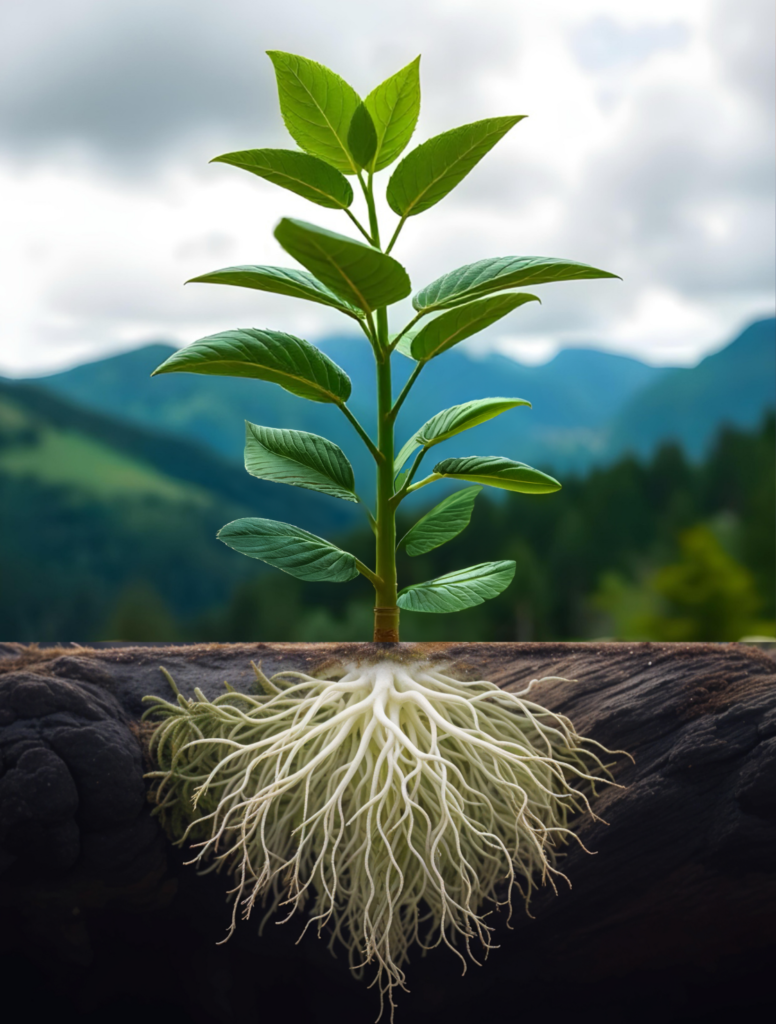
Nitrogen is a vital element for plant growth and is a component of many essential plant molecules, including proteins, nucleic acids, chlorophyll, and hormones. It is one of the primary nutrients that plants need to grow, and it is often the most limiting nutrient in the soil.


